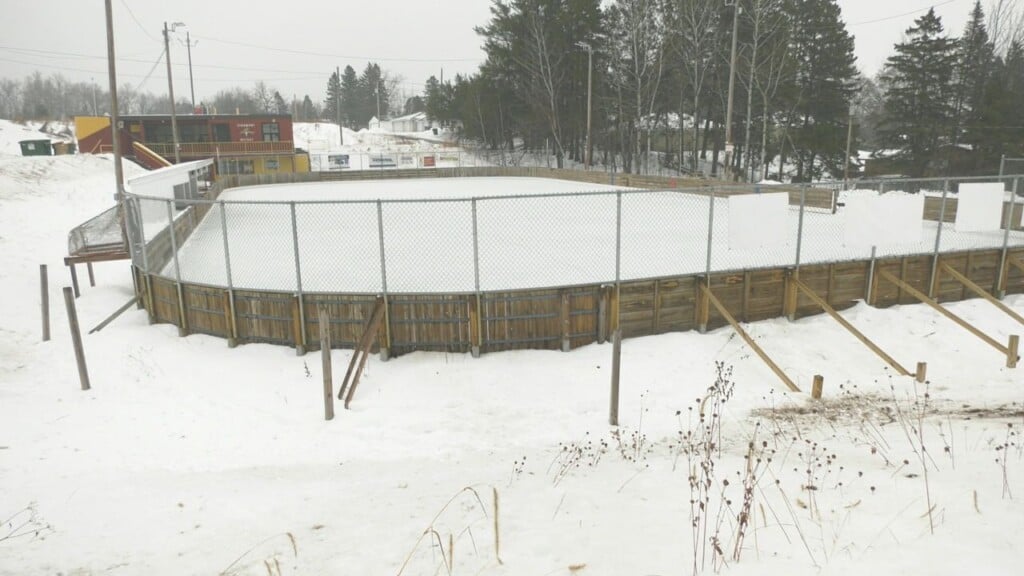Community Boards ‘Blue Heron’ Research Vessel for “Freshwater Discovery Day”
DULUTH, Minn.– Today, the community got a front row seat to discover what student scientists at the ‘Blue Heron’ research vessel participates in.
The Large Lakes Observatory is a research group that is in connection with UMD.
It brings an opportunity for both undergraduate, and graduate students to receive hands on experience.
“It is the only research-intensive campus that sits on the edge of a great lake. And with that, we have the opportunity to inform and discover and teach and learn about Great Lakes and large lakes and freshwater research that no one else in the country has,” said Dr. Rebecca Cunningham, President of University of Minnesota.
“That type of hands-on experience and learning is part of the environment at Duluth. But more importantly, we feel that. It helps our scholars when they graduate to go out into the world of work, because they’ve had that hands on experience,” said Charles Nies, UMD Chancellor.
For Freshwater Discovery Day, the community got to witness what scientists are calling a ‘mockup’ of just some of the research that is routine.
“We had an anchor and flotation, but no scientific equipment on it, just so people see the process of getting stuff in the water and back out. We also deployed this platform here, which is called a CTD stands for conductivity, temperature, depth. It measures a wide variety of different parameters through the water column. But we can also use these bottles to collect water at specific depths,” explained Jay Austin, a UMD Professor with Large Lakes Observatory.
In addition, passengers were filled in on the impact this vessel has for not only the great lake, but also around the world.
“We talked about the great science that’s happening on the change in temperature across the lake, on microplastics, on how this boat and some of this science is collecting data, some of the equipment on here. With not only informing the Great Lakes here, but across East Africa, really helping our understanding of fresh water and climate and sustainability,” said Cunningham.







